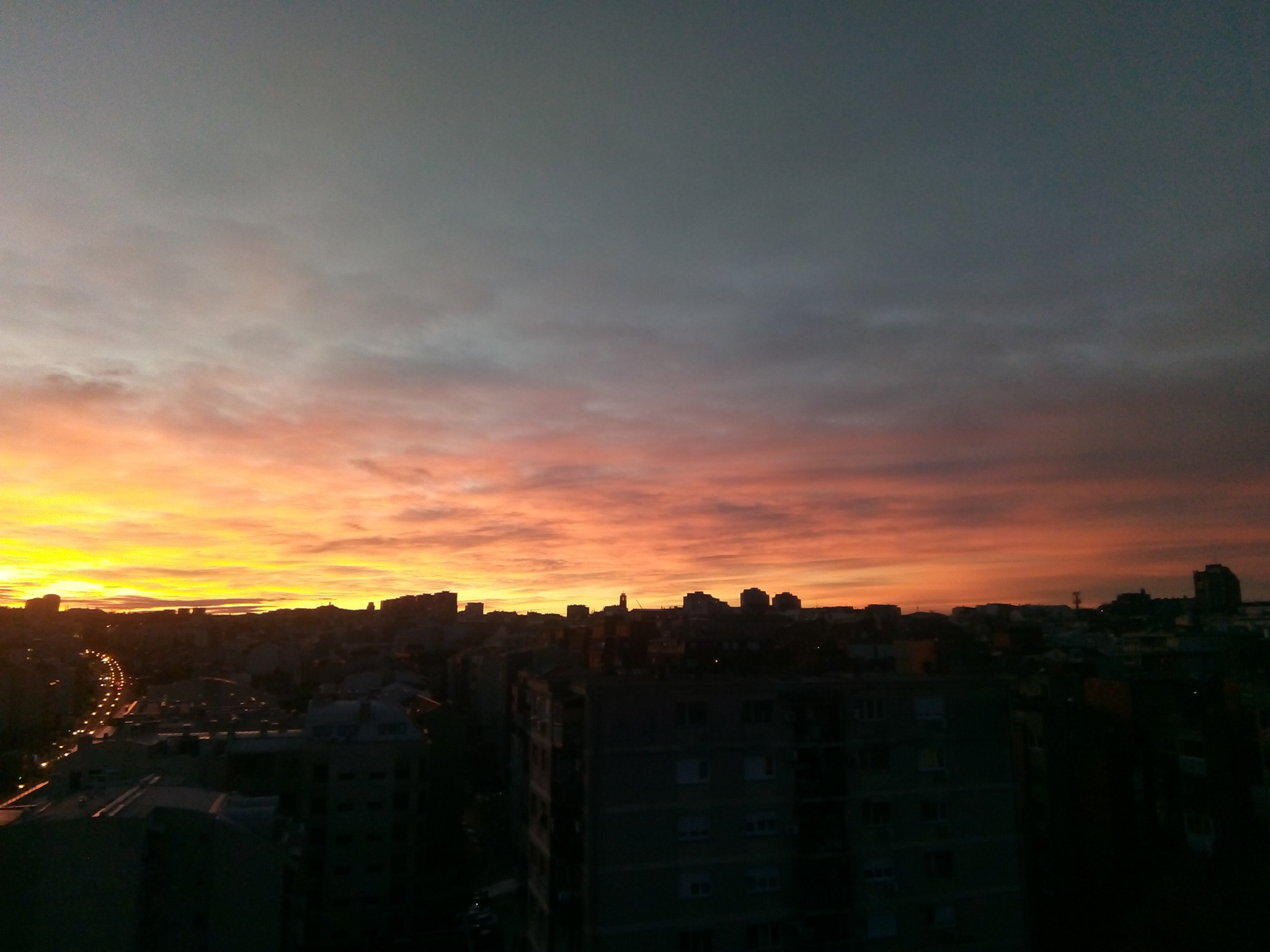Are we asking enough hard questions about Ukraine?
When the dust settles, will the West’s media coverage get a passing grade, or will we find, at times, we allowed our sympathy for the Ukrainian cause to overlook matters we shouldn’t? Author: Jamie Dettmer, opinion editor at POLITICO Europe. Source-izvor: https://www.politico.eu/article/ukraine-kyiv-un-security-council-washington-nato/

KYIV — Are we getting caught in an information trap when it comes to Ukraine?
This wouldn’t be unusual — it’s what happened in the run-up to the post-9/11 Iraq war, when American and British media were arguably far too unquestioning of Western officials’ claims that Saddam Hussein was awfully close to having a nuclear bomb or had a huge stockpile of weapons of mass destruction.
There was then British Prime Minister Tony Blair’s “dodgy dossier” and U.S. Secretary of State Colin Powell’s defining speech at the U.N. Security Council, where the formerly staunch critic of intervention announced Washington had solid evidence of sophisticated and illicit Iraqi weapons programs. But there was insufficient media skepticism overall, and alternative voices and awkward questions were all too often crowded out.
Unfortunately, it seems we’re now in danger of repeating this very same mistake, as we all too quickly dub those who question current Western strategy as defeatists or accuse them of advancing Russian propaganda.
The information trap we’re caught in isn’t one that overplays the true menace of Russian President Vladimir Putin — his thuggish, antediluvian nastiness; the bestial nature of his army’s atrocious behavior; his unlawful and detestable deportations (many of them children) from occupied parts of Ukraine to Russia — all echoing some of the worst episodes of a dark and hideous European past. Nor does it downplay the threat to democracies posed by his axis of autocrats and their antagonism toward classic liberal values.
The question is whether all this is blinding us, leading us to overlook the skepticism needed when considering whether this war is winnable — as in, can Russian forces be ejected from the 20 percent of Ukraine they’ve seized? Are we properly questioning some of the key assumptions underpinning the West’s strategy? Assumptions like Ukraine being the first stage of a broader Russian master plan to launch a land attack on NATO; that the fates of Ukraine and Europe are absolutely synonymous; or that Western sanctions will inevitably wreck Russia’s economy.
There are certainly credible and cogent arguments to the contrary, such as those stating that a weakened Russia simply won’t have the wherewithal to attack NATO anytime soon, whether it wins or loses, and that Putin’s forces are clearly no match for sophisticated, well-equipped Western armies. And in the meantime, are we not running down Western inventories to a dangerous degree?
Problem is, we’re not hearing these counter-arguments enough in mainstream Western publications, or at the high-level conferences that bring Western and Ukrainian officials together — like last weekend’s annual Yalta European Strategy (YES) Conference held in Kyiv.
In fact, such fundamental questions weren’t raised in the formal sessions or on the margins of the YES conference. Instead, much like at other security conferences, there was a fair share of the “Russians are coming,” of “one more heave and Putin will buckle,” and talk of this or that game-changing weapon.
We’ve had many alleged game-changing weapons these past two-and-a-half years, and most Western media happily lap up claims that this or that missile, plane or artillery piece will change battlefield dynamics. But as Ukraine’s former armed forces commander General Valery Zaluzhny used to say, according to those who served under him, this is a “War of One Chance.”
“By that, he meant weapons systems become redundant very quickly because they’re quickly countered by the Russians … They don’t give us a second chance,” an officer told Unpacked earlier this year.
...
Entire text is available at Politico
Najnovije vesti
-
20. Oct 2025.
The New Denial of Imperialism on the Left
AKTUELNO
Umetnička zadruga u izgradnji: Radionica #1, 6 - 9. jun, Beograd

Saopštenje povodom poziva studenata fakulteta Univerziteta umetnosti u Beogradu











